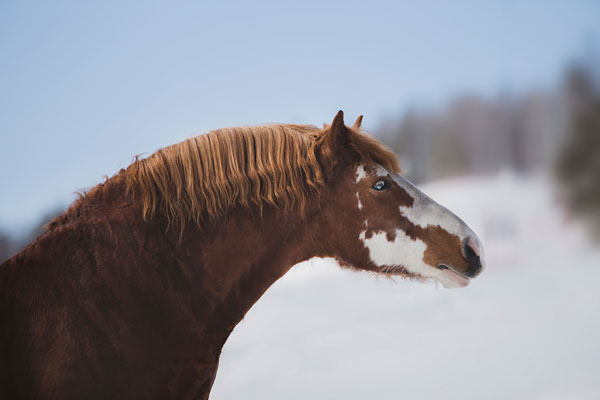 |
On April 2, the United States Eventing Association’s Professional Horsemans’ Council released a statement regarding the tragedies that occurred during the Red Hills Horse Trials in Tallahassee, Fla., March 14-16 (click here to read the statement). During that event three separate incidents left two horses dead and one rider, Olympian Darren Chiacchia, seriously injured.
Now two more statements have been released regarding safety concerns in the sport of three-day eventing. The first statement came from United States Equestrian Federation President David O’Connor, himself a three-day eventing Olympic Champion. The second statement was from the U.S. eventing team’s Chef d’Equipe Mark Phillips. Phillips is also a three-day eventing Olympic Champion and was the course designer for the Red Hills Horse Trials. Here are their complete statements:
Statement by David O’Connor:
“Recent injuries and the media coverage of those injuries and our sport give us all reason to pause and reflect on the evolution and safety of equestrian sport and in particular Eventing. Many of us have devoted our professional lives to the joy of partnering with the horse and skillfully riding a course. Underlying the fun and excitement of the sport, for that matter any sport, is reasonable risk with the assumption of reasonable safety.
In fact, our sport is statistically safer. In the U.S. in the most recent year, we had 46,099 starters and 111 injuries of which 10 required an overnight stay in the hospital. On those occasions, the medical response was immediate representing the very best available. Still, as our sport overall is becoming safer, even one accident must cause us all to be concerned and to review every element to continuously improve and preserve the joy of Eventing. Mark Phillips, our U.S. course advisor for 16 years, recently expressed that our sport is evolving and is becoming more technical which actually should translate into a safer ride as riders respect issues of speed, fence type and their own skill levels. I agree, but actually understand the technical level of the sport and the safety of the sport as two sides of an important understanding of how our sport is trying to continuously improve.
The increased technical side of the sport was brought in for safety reasons as narrower fences create run outs and not falls. The technicality of the speed changes has been brought in to make the sport more competitive. At the upper end, the professional side of the sport is played at a higher level than ever before. At the same time, the statistics are showing that the high end, professional segment is continuing to reduce the number of injuries. The amateur side of the sport has had to deal with the technical side of the sport and is relating and adapting to it, with varying degrees of success.
As another support for safety, the qualification system has been made more stringent. This was approved in January and will be in effect in December of this year. The time line for this change is due to the rule change process in the U.S. which does not allow qualifications to be changed in mid process.
In addition, a different level system has been proposed and, if approved, may go a long way toward amateurs being guided to play the sport at a different level than the professionals. Certainly, the levels of professional vs. amateur may need to be reviewed.
All that said, I am confident that our sport will sustain the scrutiny we are experiencing and the internal debates that we seem to relish will add value to the continuous review and improvement. Individuals like Mark Philips who we have chosen to entrust with issues of course evolution and safety are contributing to our safety and success while being mindful of the concerns and criticisms along the way. All of us are devastated when a serious injury or even death occurs in our sport. But, no one person or factor can or should be blamed. We must, and we are, working together to bring about the combination of elements that challenge our skills, allow our full enjoyment of competition, and maintain truly acceptable levels of risk.”
Statement by Mark Phillips:
“Eventing is a sport I love and have been involved in personally and professionally for more than 40 years. I am always deeply concerned whenever an athlete or horse is injured while competing regardless of circumstances and even more so when it occurs on a course I designed. In every course I have ever designed the top priority has always been for the health and safety of the athletes and the horses.
Our great sport is evolving and becoming more technically challenging which actually is translating into a safer ride as the athletes respect issues of speed, fence type and their own skill level. I believe our sport overall is becoming safer, but even one accident must cause us all to be concerned and to review every element to continuously improve and preserve the joy of Eventing for professional and amateur alike.”




good article. i love Horsechannel for keeping us informed! and i think David and Mark were spot on!
Well, I hope the new qualification rules will be implemented as quickly as possible!
great article
great article
Wow, it’s good to know what’s going on, and I hope that they carry through as soon as possible to avoid further injury.
They should be using the new collapsible jumps.